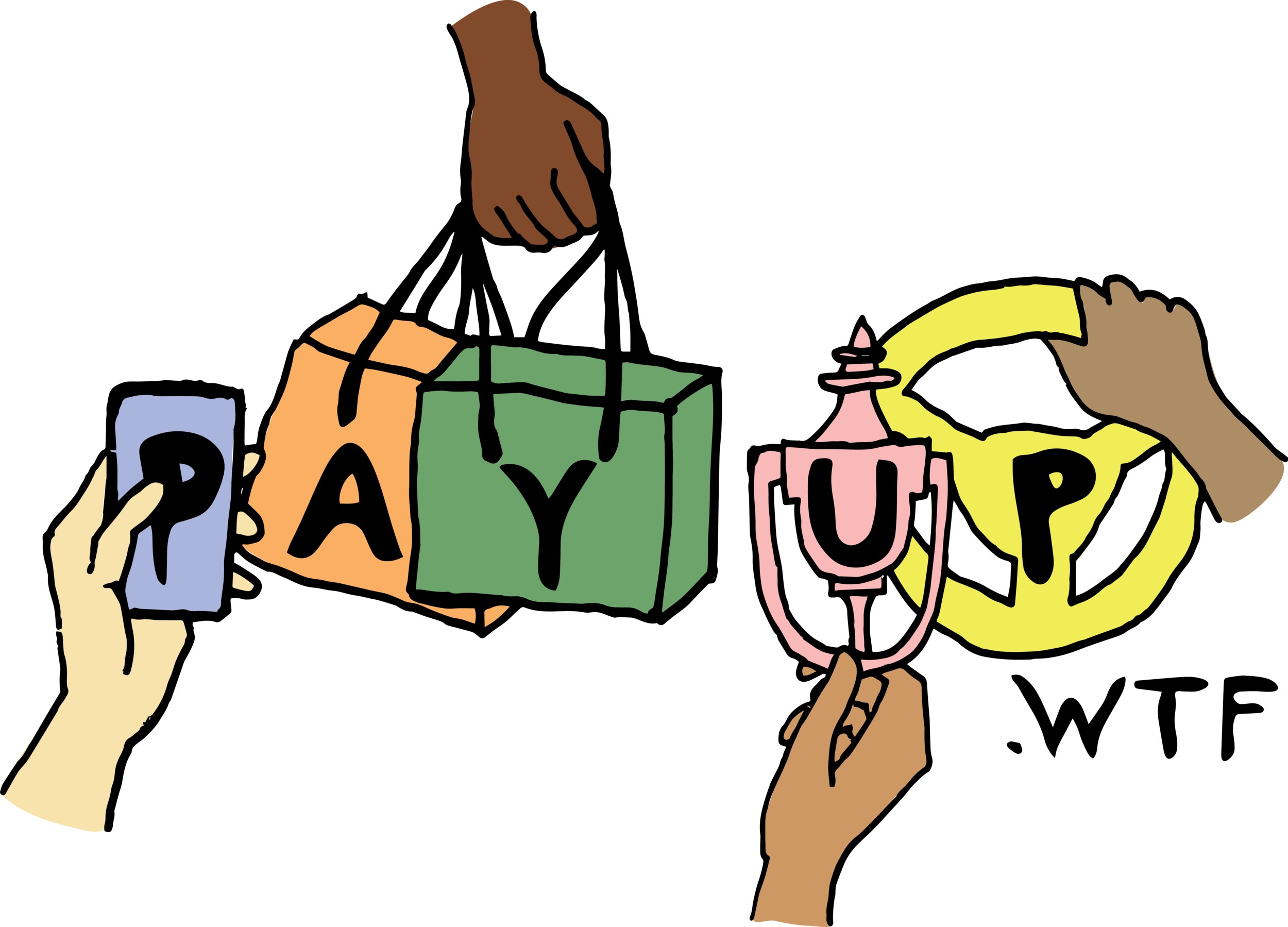“I was in an accident while delivering in inclement weather. Instacart only cared about the order getting to the customer, and they “marked” me for the delay.”
Makenzie Orr, gig worker on DoorDash, Instacart, and Uber Eats, Seattle
I started doing gig work in 2020 on DoorDash, Uber Eats, and Instacart because I was suffering with an autoimmune condition that made it hard to commit to a rigid 40+ hour workweek. Like many others, I depend on the flexibility of gig work to maintain a living.
As a gig worker, I face issues like below minimum wage pay, low customer ratings, and things like low store inventory affecting my ability to access work. I also have to deal with tip baiting — tips often pay more than the companies themselves pay us, but customers have days after placing their order to delete tips, and sometimes put high tips in knowing it will get their order accepted but plan to delete them later. Instacart also falsely claims they’ll pay out mileage that is not actually paid out.
Companies often charge customers additional fees that don’t actually go to workers — for example, Instacart charges an “alcohol service fee” that they claim goes to shoppers, but they’ve never paid those fees to me.
Because they classify us as independent contractors, companies are not held accountable to pay minimum wage or protect their workers from on-the-job injuries.
The companies benefit greatly from this, while the workers who make the business possible suffer immensely.
Low pay in the gig economy means that any emergency that arises can be devastating. A flat tire or a health issue means possible homelessness. I’ve suffered from back problems and rotator cuff injuries from carrying extremely heavy items for Instacart. My body is not the same since starting this job.
I was also in an accident during inclement weather while delivering an order. Instacart did not care. Instead, they were more concerned with me getting the order to the customer, despite being in a dangerous situation.
I was also “marked” for the car accident delay, which could have led to me getting deactivated and potentially unemployed — all for a snow accident.
Another way gig companies save money is by outsourcing to support centers that are only able to give generic, pre-written responses to workers’ issues. If there isn’t a generic response to your question, you won’t receive any help. It took two months for me to get approval of my rightfully earned sick day, and I dealt with over 60 denials of my sick pay claim because none of the support staff at Instacart even knew about the Seattle ordinance requiring them to pay us sick time during the pandemic.
We need the PayUp policy because gig workers deserve protection.
These companies make billions, and they benefit greatly from vulnerable gig workers not having a voice. They’re taking serious advantage of the people that make their business possible, and they love that.
